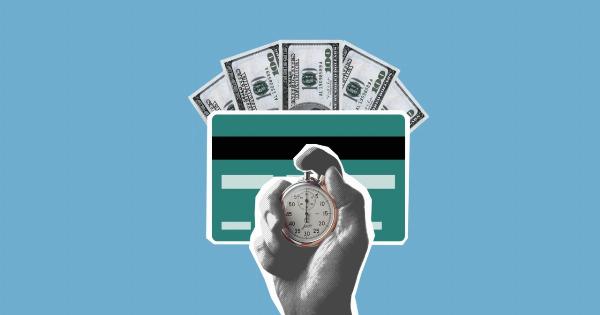Living with a rare and debilitating disease like Dreycocytarial Disease can be an immense challenge.
From managing daily symptoms to coping with the emotional and psychological impact, individuals with Dreycocytarial Disease face unique obstacles that often go unnoticed by the general public. One particularly complex aspect of living with this condition is the decision of whether to publicly disclose one’s diagnosis.
This article delves into the challenges faced by individuals with Dreycocytarial Disease when it comes to disclosing their condition and explores the reasons behind their choices.
1. Fear of Stigmatization
One of the primary reasons individuals with Dreycocytarial Disease hesitate to disclose their condition is the fear of being stigmatized.
Rare diseases often lack awareness and understanding among the general population, leading to misconceptions and prejudices. People may wrongly assume that Dreycocytarial Disease is contagious or associate it with negative stereotypes. Consequently, those affected may choose to keep their illness hidden to avoid facing discrimination or social isolation.
2. Privacy and Personal Boundaries
Disclosing a medical condition is an inherently personal decision, and individuals with Dreycocytarial Disease are entitled to maintain their privacy.
They may feel that their health status is not something they wish to share openly, even with close friends or family members. By keeping this information private, individuals can minimize intrusions into their personal lives and maintain a sense of control over their own narrative.
3. Negative Impact on Relationships
Public disclosure of Dreycocytarial Disease can profoundly impact personal relationships, both existing and potential ones. Sharing this information may burden loved ones with worry or create a sense of unease in new social contexts.
Some individuals fear that their condition will overshadow other aspects of their identity, leading to a strain on friendships, romantic relationships, or professional connections. Consequently, they may choose to disclose their condition selectively or not at all to safeguard their relationships.
4. Career Limitations
In the professional realm, individuals with Dreycocytarial Disease may encounter challenges due to public disclosure.
Concerns about potential discrimination, lack of job opportunities, or career progression limitations due to perceptions of reduced productivity or reliability can lead to individuals opting not to disclose their condition in the workplace. The fear of being treated unfairly or facing a negative impact on their professional development often outweighs the potential benefits of open disclosure.
5. Emotional Burden
Living with a chronic illness like Dreycocytarial Disease is emotionally taxing, and the decision to disclose the condition can further exacerbate this burden.
Individuals may fear becoming a source of sympathy or feeling trapped in a constant state of vulnerability if their condition becomes widely known. Choosing not to disclose allows individuals to focus on managing their health without the added emotional strain that can come from public scrutiny or unnecessary sympathy.
6. Advocacy Fatigue
A significant number of individuals with Dreycocytarial Disease become advocates for their condition, raising awareness and fighting for better resources and support. However, this advocacy can be exhausting, both physically and emotionally.
Some individuals experiencing advocacy fatigue may choose to forgo public disclosure in order to maintain their personal boundaries and preserve their mental well-being.
7. Unwanted Meddling and Unsolicited Advice
Public disclosure of Dreycocytarial Disease can open the floodgates for unsolicited opinions, advice, and potential interference in one’s healthcare journey.
Strangers and acquaintances alike may offer supposed remedies or suggestions, causing frustration and undermining the patient’s agency in their own treatment plan. By keeping their condition private, individuals can avoid unwanted meddling and maintain control over their healthcare decisions.
8. Resilience and Independence
Choosing not to disclose Dreycocytarial Disease can be an empowering decision for some individuals. They may prefer to focus on their own resilience and self-reliance rather than seeking external validation or pity.
By facing their challenges privately, these individuals can cultivate a sense of strength and determination, emphasizing their ability to live a fulfilling life despite their condition.
9. Varied Personal Circumstances
Each individual’s decision to disclose or not disclose their Dreycocytarial Disease is unique and influenced by their personal circumstances.
Factors such as cultural background, family support, and previous experiences with public disclosure can significantly impact their choice. It is important to respect these differences and understand that what works for one person may not work for another.
10. The Power of Choice
Ultimately, the decision to disclose Dreycocytarial Disease rests solely with the affected individual. It is their prerogative to evaluate the potential benefits and drawbacks and determine the best course of action for themselves.
By respecting their autonomy and supporting their choice, we can create a more understanding and inclusive environment for individuals living with Dreycocytarial Disease.






























